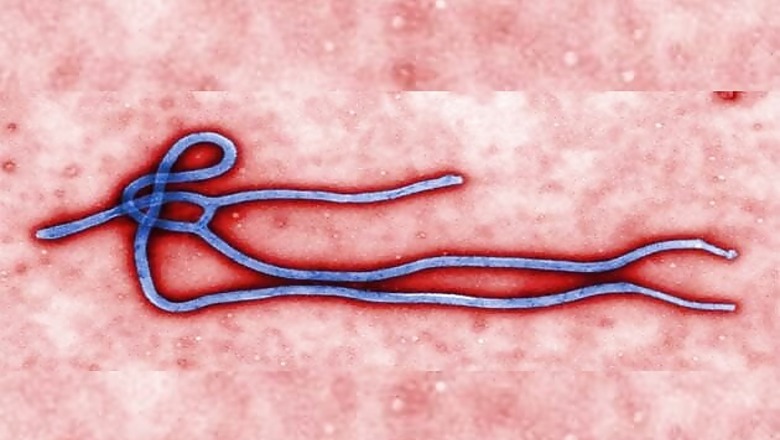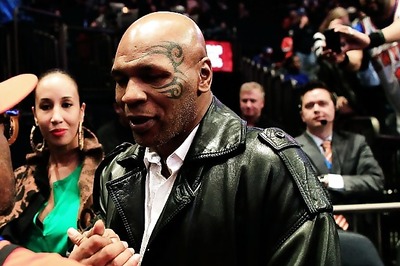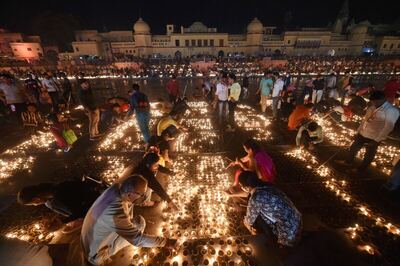
views
Hopes of finding a treatment for the deadly Ebola virus shifted on Monday to a small California-based biotech company whose experimental drug has been used to treat two American missionary workers.
The drug, developed by Mapp Biopharmaceutical Inc, was used to treat two aid workers, one from the Samaritan's Purse group and the other from Christian mission group SIM USA, who were exposed to the disease in Liberia, according to a US government health official.
The Samaritan Purse aid worker, Dr Kent Brantly, returned to the United States on Saturday for medical care, and his colleague Nancy Writebol of SIM USA is due to fly back via medical aircraft on Tuesday.
Samaritan's Purse said both the aid workers received the experimental treatment while in Liberia.
News of the treatment, first reported by CNN, punctured a share price rally in Canada's Tekmira Pharmaceuticals, whose own experimental Ebola treatment had progressed to human trials. The severity of the current outbreak in Africa, in which nearly 900 people have died, has raised investor expectations that Tekmira's treatment might move more quickly toward regulatory approval.
The treatment developed by Mapp, called ZMapp, had only been tested in monkeys. Treatment with experimental drugs that have not gone through the customary series of clinical trials in humans to determine safety and efficacy is highly unusual.
Privately-held Mapp and its affiliated commercial partner Leaf Biopharmaceutical, said the biotech drug was only identified as a potential treatment candidate in January and that as a result very little ZMapp is currently available.
"Mapp and its partners are cooperating with appropriate government agencies to increase production as quickly as possible," the San Diego-based companies said in an emailed statement.
Highly contagious, the deadliest strain of the Ebola virus can kill up to 90 percent of those infected, though in the current outbreak the rate is running around 55 percent. Symptoms initially include muscle pains and joint aches, then worsen to vomiting, diarrhea and internal and external bleeding in the final stages.
The U.S. Food and Drug Administration said that in the past it has granted access to drugs not yet tested in humans depending on an individual patient's situation. It would not comment on whether it had granted such access to the Mapp drug in the case of the two American aid workers. Tekmira was one of a few companies with an Ebola treatment advanced enough to be tested on people.
On July 3, the FDA placed a hold on a clinical trial for the Tekmira drug because of to safety concerns, after having granted a fast-track designation to the drug in March.
Shares in Tekmira had climbed 70 percent in the past three weeks as concerns over the Ebola outbreak mounted, including an 18 percent spike early on Monday. But news of the Mapp treatment led to a sharp reversal, and Tekmira shares closed down 7 percent on its highest ever trading volume. Tekmira's drug, TKM-Ebola, has not been given to "anyone else infected in the current outbreak, and has not been given to anyone outside of our Phase I trials," Canadian Press cited Tekmira as saying in an email.
The CNN report said that Brantly improved dramatically within an hour of receiving the Mapp drug. Mapp was part of a consortium of 15 research outfits that in March won a five-year grant from the National Institutes of Health worth up to $28 million to find a treatment for Ebola.

















Comments
0 comment